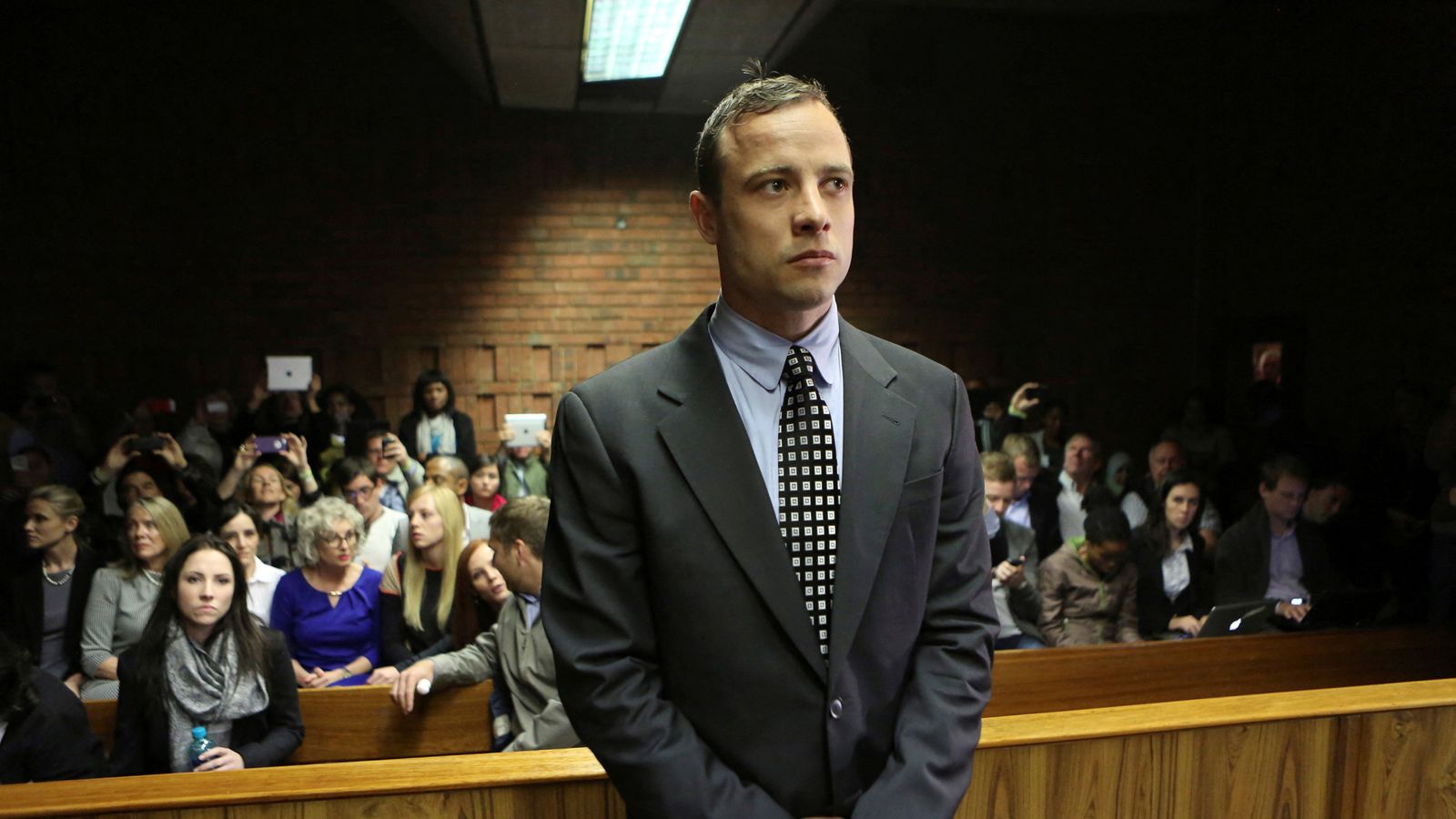Speaker Mike Johnson floated a fresh idea for heading off a shutdown after the Nov. 17 deadline — one that would seemingly create a series of rolling funding threats and could draw opposition from across the political spectrum.
During a press conference Thursday morning, Johnson referenced what he called a “laddered CR” for funding the government, which he described as a continuing resolution that “extends individual pieces of the appropriations process, individual bills.”
While it’s not totally clear how that would work, Johnson seemed to be referring to different lengths of funding for each of the 12 individual appropriations bills, triggering ongoing shutdown threats for different parts of government. A continuing resolution typically extends current funding levels for all appropriations bills until one later date, buying time for lawmakers to haggle over an updated government funding deal.
Needless to say, Democrats and the White House would never go for it. And a number of Republicans, particularly appropriators charged with overseeing those funding bills, would likely think it’s a bad idea.
“I don’t understand what a laddered CR is. Some agencies are in better standing apparently, according to the House Republican Conference,” Democratic Caucus Chair Pete Aguilar told reporters Thursday.
“I think we can build consensus around it,” Johnson told reporters. He said the idea had been pitched at the Republican Conference meeting earlier in the morning.
This is the latest in a series of government funding strategies the new speaker has floated in recent days, from a stopgap bill through Jan. 15 to a short-term spending measure with built-in cuts.
The “laddered CR” could stoke minor chaos given that lawmakers struggle to prioritize and pass individual funding bills on time. Prioritizing different end dates for different portions of a stopgap could pose the same challenge.
“I don’t think that that’s a plan that’s pretty baked from the perspective of the Appropriations Committee,” Aguilar said. “I don’t think that is grounded in much reality.”
Nicholas Wu contributed to this report.





